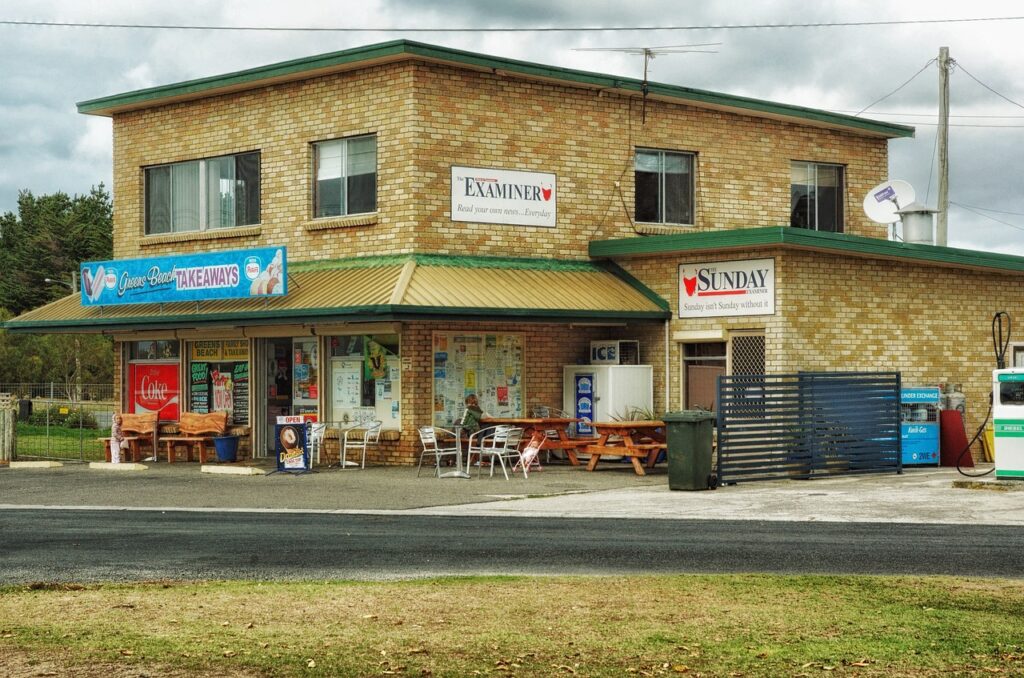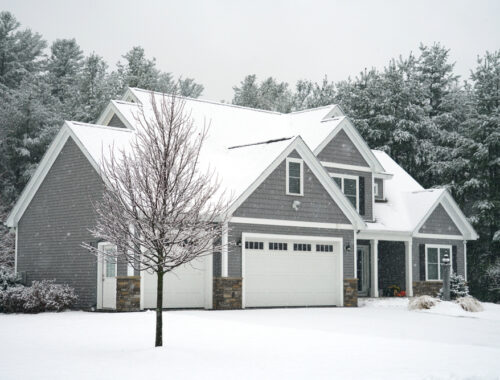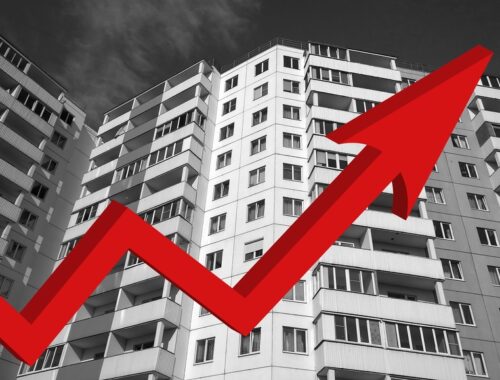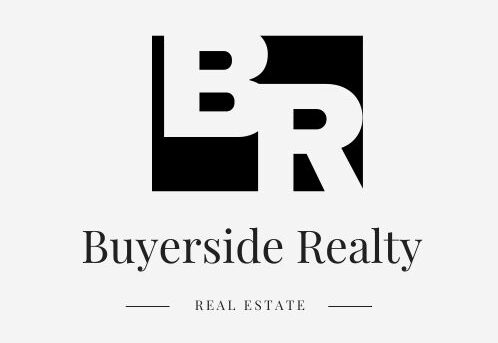Understanding Commercial Mortgages
A Guide for Prospective Buyers
If you’re thinking about buying commercial real estate, you’ll likely need to locate a commercial mortgage brokerage. Unlike residential mortgages, commercial mortgages are designed to help investors purchase properties for business use, rather than personal use. These types of mortgages are typically larger, more complex, and have different requirements than traditional residential mortgages.
In this guide, we’ll cover everything you need to know about commercial mortgages before making your purchase. From understanding the types of commercial mortgages available to determining how much you can borrow, we’ll give you the insight you need to make an informed decision.

Understanding the Basics of Commercial Mortgages
Before we dive into the different types of commercial mortgages available, let’s start with the basics. A commercial mortgage is a loan that is used to finance commercial real estate. Unlike residential mortgages, which are used to purchase homes, commercial mortgages are designed to help investors buy properties that will generate income.
Commercial real estate can include a wide range of properties, such as office buildings, retail spaces, apartment complexes, and warehouses. When you secure a commercial mortgage, the lender will use the property as collateral. This means that if you default on your loan, the lender has the right to seize the property to recover their losses.
What Types of Commercial Mortgages Are Available?
There are several types of commercial mortgages available, each with its own unique features and requirements. Here are the most common types of commercial mortgages you might encounter:
Permanent Mortgages
A permanent mortgage is a long-term mortgage that is used to finance the acquisition of a commercial property. These mortgages typically have longer repayment terms and lower interest rates than other types of commercial mortgages. Permanent mortgages are ideal for investors who plan to hold onto their properties for an extended period of time.
Bridge Loans
A bridge loan is a short-term loan that is used to bridge the gap between the purchase of a commercial property and the sale of a different asset. For example, if you’re waiting for the sale of another property to close, a bridge loan can help you secure the commercial property you want before you have the funds from the sale.
Construction Loans
A construction loan is used to finance the construction of a new commercial property. These loans are typically shorter in duration but higher in interest rates than other types of commercial mortgages. Construction loans can be a good option for investors who want to build a commercial property from the ground up.
SBA Loans
An SBA loan is a loan guaranteed by the Small Business Administration (SBA). These loans are designed to help small businesses access capital for various purposes, including the purchase of commercial real estate. SBA loans are typically easier to qualify for than traditional commercial mortgages and have lower down payment requirements.
How Can You Qualify for a Commercial Mortgage?
Qualifying for a commercial mortgage can be a bit more complicated than qualifying for a residential mortgage. Lenders will consider several factors when evaluating your application, including:
- Credit score
- Income
- Debt-to-income ratio
- Collateral
- Property type
- Business plan
To qualify for a commercial mortgage, you’ll typically need a credit score of 700 or higher. Lenders will also want to see that you have a consistent source of income, a healthy debt-to-income ratio, and sufficient collateral to secure the loan.
When it comes to the property type, lenders will consider the income potential of the property and its condition. If you’re buying a property that requires significant repairs or renovation, you may have a harder time securing a loan.
Having a well-thought-out business plan can help you secure a commercial mortgage. Your business plan should outline your goals for the property and how you plan to generate income from it. Lenders want to see that you have a solid plan in place to ensure you can repay the loan.
How Much Can You Borrow with a Commercial Mortgage?
The amount you can borrow with a commercial mortgage depends on several factors, including:
- The value of the property
- Your creditworthiness
- The type of mortgage you’re applying for
- The lender’s requirements
Most lenders will loan you up to 75% of the total value of the property. So, if you’re buying a $1 million property, you can expect to borrow up to $750,000. Keep in mind that you’ll typically need to provide a down payment of 25% or more.
Your creditworthiness will also play a role in determining how much you can borrow. If you have a high credit score and a strong financial history, you may be able to borrow more than someone with a lower credit score.
In Closing
If you’re thinking about buying commercial real estate, securing a commercial mortgage is likely a crucial part of the process. With so many types of commercial mortgages available, it’s important to understand the pros and cons of each before making your decision.
If you’re not sure where to start, consider working with a commercial mortgage broker or lender who can guide you through the process. By taking the time to understand your options and working with a trusted professional, you can confidently move forward with your commercial real estate purchase.
You May Also Like

Top 6 Tips for First Time Home Buying
June 21, 2023
12 Great Home Selling Tips You Should Know
May 6, 2023

